I have the following model with a primary_key=True specified:
class Team(models.Model):
name = models.CharField(
max_length=64,
primary_key=True,
)
... other fields
When I serialize this model, I do the following:
class TeamSerializer(serializers.ModelSerializer):
class Meta:
model = Team
fields = ('url', 'name',) # and another fields
My viewset:
class TeamViewSet(viewsets.ModelViewSet):
lookup_value_regex = '[-\w.]'
queryset = Team.objects.all()
serializer_class = TeamSerializer
filter_fields = ('name',) # and another fields
My urls.py:
router = routers.DefaultRouter()
router.register(r'teams', TeamViewSet)
urlpatterns = [
url(r'^api/', include(router.urls)),
# I am not sure if this url is right. I repeat of include(router.urls)
url(r'^api/teams/(?P<name>[-\w.]+)/', include(router.urls)),
url(r'^api-auth/', include('rest_framework.urls', namespace='rest_framework'))
]
Then, when I create a Team object with name attribute containing dot ., for example Latinos F.C. and I go to the rest url, I get:
I am not sure about of how to use the lookup_value_regex attribute in my viewset. In this answer is used with some basic regex, but if I use it, any Team object is reachable via my serialized Rest API.
How to can I get a url like as: /api/teams/Name.F.C. in my serialized Team model?


